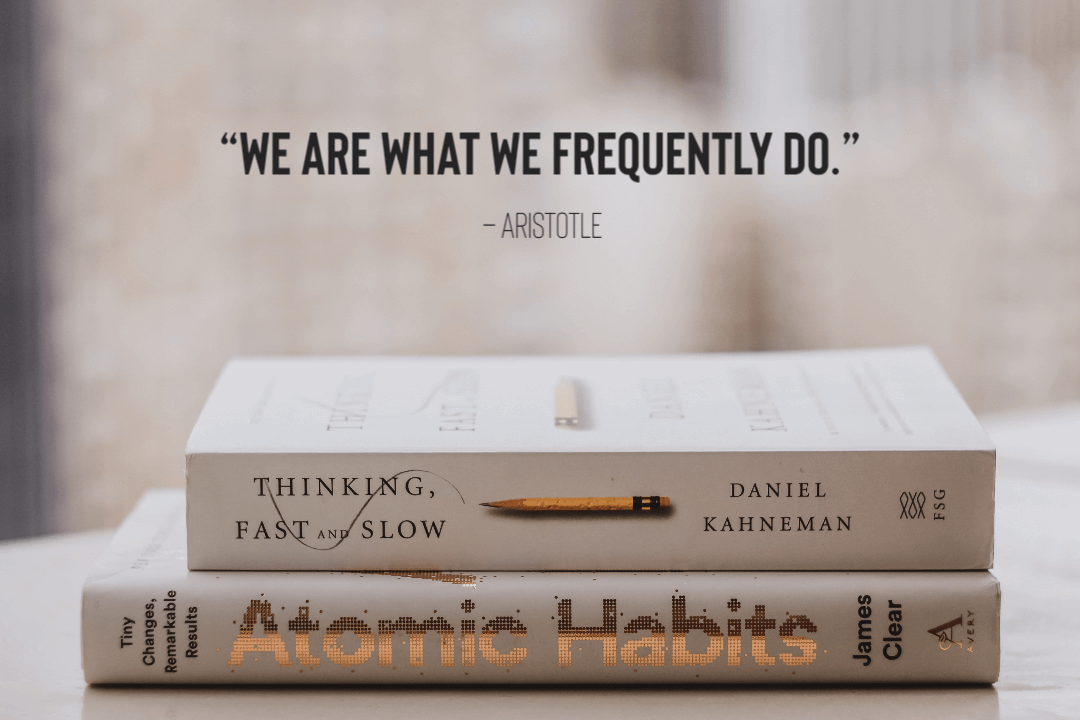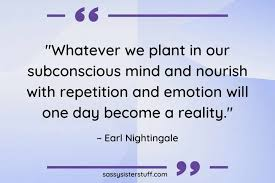Similarly, there was a time early in adulthood when dating was fun and there were lots of people I wanted to meet. If a relationship became more serious, I often had to hold myself back and rely on discipline to not go after other possibilities and opportunities. When I met my wife-to-be, Margie, I recognized early on that there was something special in our relationship. The idea of possibly losing that or watering it down with frivolous involvements was a complete non-starter. I felt a commitment to Margie and to our relationship and that was all that mattered. Other possibilities were not temptations. I did not need discipline to be a loyal boyfriend and husband. So it's been for the past 39 years.
Early in my trading career, markets were exciting and there were *so* many possible ways of making money. Out of that enthusiasm, I traded and traded and overtraded. I also lost money. With time, I discovered the kind of trading that made sense to me and that was successful for me. I worked on deepening what I was doing, eventually performing research on short-term price behavior and market breadth that gave me demonstrated edges in my trading. As I became committed to that style of trading, all the other things became less interesting to me. I didn't stop overtrading because I had become a ridiculously disciplined person, but because I became deeply dedicated to the best in me. My faithfulness to good trading was very similar to my commitment to my life's partner.
Just as we undergo a developmental sequence in our relationships with parents and potential life partners, we typically go through developmental stages in our trading. Perhaps overtrading is like overdating. It's what we need to do to find what's best for us and that can anchor our sense of loyalty, commitment, and dedication. Our relationship to markets evolves in ways similar to the evolution of our relationships with our parents and our romantic relationships. Focusing on discipline to short-circuit this developmental process may be a mistake. It's not what we need to stop doing that should be our priority, but rather identifying the best of us and pursuing that, because that will inspire our commitment and generate our consistency.
Further Reading:
To Increase Your Discipline, Focus on Your Fulfillment
Two Proven Methods for Building Happiness
.






